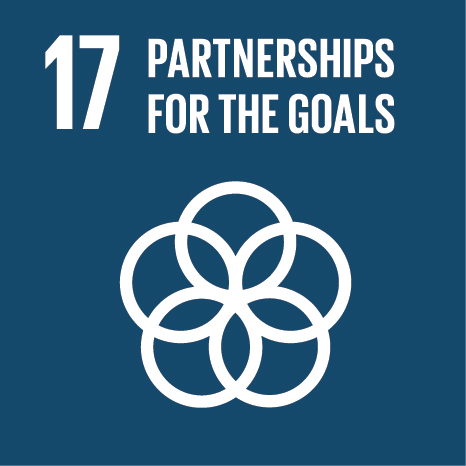EU strategic narratives in crisis management
Event Title
Europe as a Global Actor
Year (definitive publication)
2019
Language
English
Country
Portugal
More Information
Web of Science®
This publication is not indexed in Web of Science®
Scopus
This publication is not indexed in Scopus
Google Scholar
This publication is not indexed in Google Scholar
This publication is not indexed in Overton
Abstract
The EU represents itself as normative actor that has a responsibility and plays a ‘leading role’ in ensuring international security, and the legitimacy implications related to this kind of discourse are seldom questioned. Following a post-structuralism inspired critical discourse analysis in the context of the EU’s crisis management policy field, this study sought to understand and explain how the EU builds and justifies its actorness and identity from a normative standpoint during the period ranging from 1992 (which coincides with the establishment of the EU and the Common Foreign and Security Policy) until 2016 (which was marked by the launch of the EU Global Strategy, the EU’s current strategic framework). The identification and analysis of strategic narratives helps to explain how the EU substantiates and frames its ‘validity’ claims concerning its appropriateness and identity as a crisis management actor, as they help shape other actors’ perceptions about the EU as an actor, enabling a legitimation of the EU and its actions in this policy field, and they help consolidate representations and conceptions that embody the EU’s projected normative power (or attitude). We examined the historical semiotic evolution of the EU’s representation of itself and of its interlocutors in the crisis management policy field and the consequences thereof, in order to help improve the understanding of the changing power dynamics that take place in this context, and to improve the understanding of the interconnections between discourse (and strategic narratives in particular) and EU security policy and identity. We sought to bring attention to the naturalisation of certain constructed discourses and narratives and ultimately to improve the body of knowledge concerning the EU’s legitimacy, actorness, and discourse in the field of crisis management.
Acknowledgements
--
Keywords
European Union,Crisis management,Discourse,Strategic narratives
Contributions to the Sustainable Development Goals of the United Nations
With the objective to increase the research activity directed towards the achievement of the United Nations 2030 Sustainable Development Goals, the possibility of associating scientific publications with the Sustainable Development Goals is now available in Ciência_Iscte. These are the Sustainable Development Goals identified by the author(s) for this publication. For more detailed information on the Sustainable Development Goals, click here.

 Português
Português



